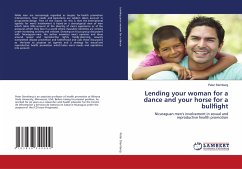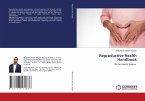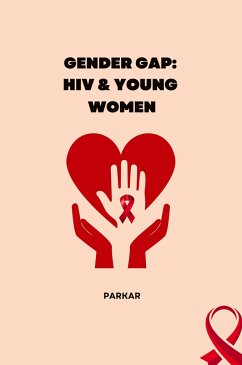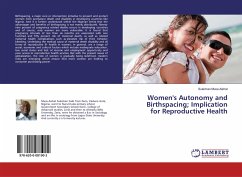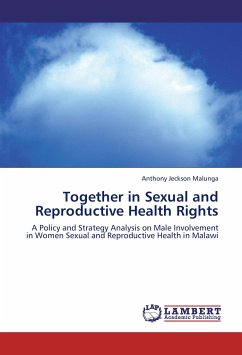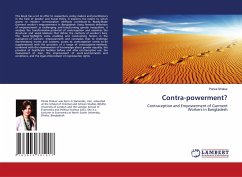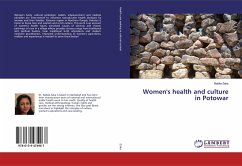While men are increasingly regarded as targets for health promotion interventions, their needs and aspirations are seldom taken account in programme design. Part of the reason for this is that the international agenda for men's involvement is based on a stereotypical view of men which takes little account of the diversity of men's experience or of the pressures which they face in a world where masculine identities are coming under increasing scrutiny and criticism. Drawing on focus group discussions with Nicaraguan men, the author examines men's opinions and ideas around sexual and reproductive rights, family planning, sexually transmitted disease prevention and fatherhood and uses these discussions as the basis to propose an agenda and a strategy for sexual and reproductive health promotion which takes men's needs and aspirations into account.
Bitte wählen Sie Ihr Anliegen aus.
Rechnungen
Retourenschein anfordern
Bestellstatus
Storno

